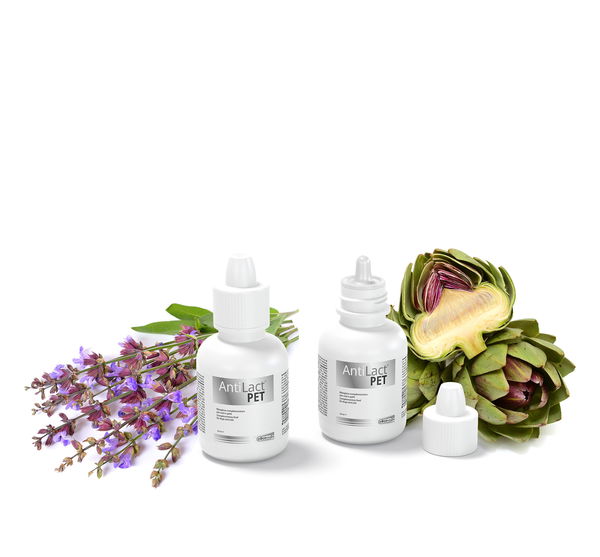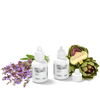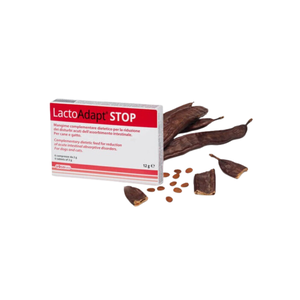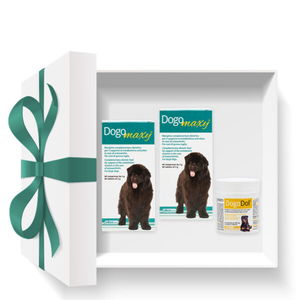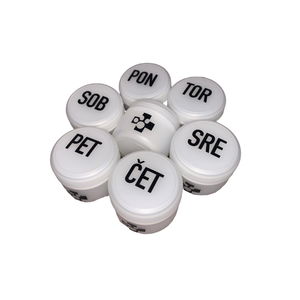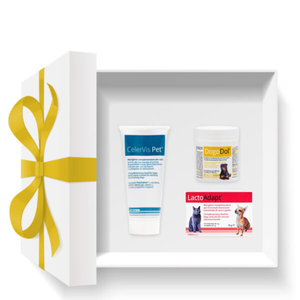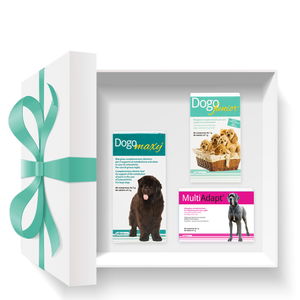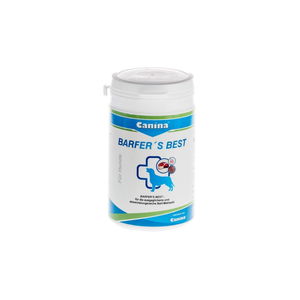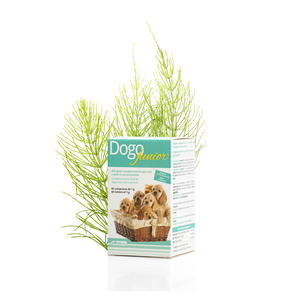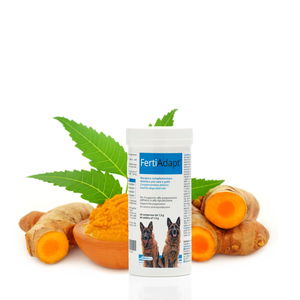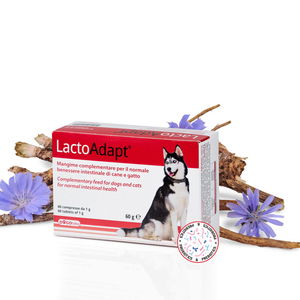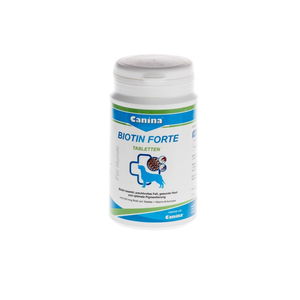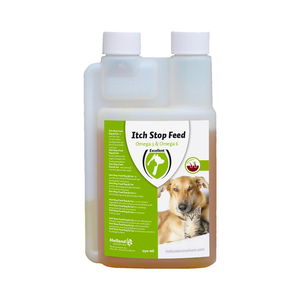AntiLact Pet feed mix for support in false pregnancy
- for false pregnancy
- at the end of lactation
- for physiological restoration of the mammary gland
- natural complex
- in liquid form, easy to dose
- no specific contraindications for AntiLact Pet use
- beneficial effect on digestion
- does not cause loss of appetite
- synergistic action of ingredients
- for regulation of milk secretion
- Delivery fee
- Secure connection Your data is protected.
- Satisfaction Guarantee 14-Day Return Policy
Complementary feed mix for assistance in false pregnancy
AntiLact Pet is a feed mix in liquid form and can be administered directly into the dog's mouth, mixed into the meal, or dosed with a suitable dropper. It is recommended in cases of false pregnancy (when milk appears and abnormal maternal behavior - constant carrying of toys, nesting, excessive care, cleaning imaginary puppies, etc.).
- Does not cause loss of appetite.
When do we recommend the use of Antilact PET?
- in false pregnancy (appearance of milk and obsessive and abnormal behavior),
- at the end of lactation,
- post-weaning of puppies for faster physiological recovery of the mammary gland,
- in cases of immediate weaning of puppies after birth for health reasons.
Can AntiLact Pet be used multiple times?
Yes, whenever necessary; if recurrence occurs, subjects can be treated again according to the previously mentioned methods of use.
Can it be used in animals with pathologies?
There are no specific contraindications for the use of AntiLact Pet, but we recommend consulting a veterinarian familiar with the dog's condition in the case of complex pathological situations.
Special precautions for use: Ensure that the dog is not pregnant before administration.
Do I need a veterinary prescription to purchase AntiLact PET?
No, AntiLact Pet is a complementary food in liquid form for dogs and cats, not a medicine. It can be prescribed by a veterinarian or simply recommended, and can be purchased directly online without a prescription.
Phyto-complexes
- Cynara scolymus (flavonoids, tannins, sterols),
- Uncaria tomentosa wild (pentacyclic oxindole alkaloids, triterpenes, quinonic acid glycosides),
- Salvia officinalis (flavonoids, ketones, chlorogenic acid, rosmarinic acid) work synergistically to help regulate milk secretion.
Cynara scolymus
Cynara scolymus or artichoke. The herb of this plant, biennial or perennial, consists of leaves, especially from the first year. Artichoke is used in digestive, depurative, and aperitif herbal preparations.
Unicaria Tomentosa
Cat's claw (Uncaria tomentosa wild) is a plant from the family Rubiaceae, also known as "uña de gato"; or cat's claw, due to the hook-shaped thorns allowing it to attach to nearby trees and climb upward seeking light.
- Known for its immune-stimulating, antiviral, and anti-inflammatory properties, it is useful against infections.
Salvia officinalis
Sage is a plant from the family Labiatae or Lamiaceae (the same as thyme and mint), native to the Middle East and the Mediterranean, but now widespread worldwide. Sage is known as "medicine in folk medicine" due to its beneficial and healing properties.
It boasts anti-inflammatory, antiseptic, digestive, diuretic, and restorative properties (healing). Its name comes from the word salvus, meaning "healthy," because of the health properties attributed to the plant.
- In folk medicine, it is used for easier weaning of young due to its galactofugal action.
Its use makes the flavor of mother's milk unpleasant and reduces its production.
As mentioned, sage is recommended for digestive problems. Due to its choleretic properties, it aids in preventing digestive disorders and is useful in cases of loss of appetite.

